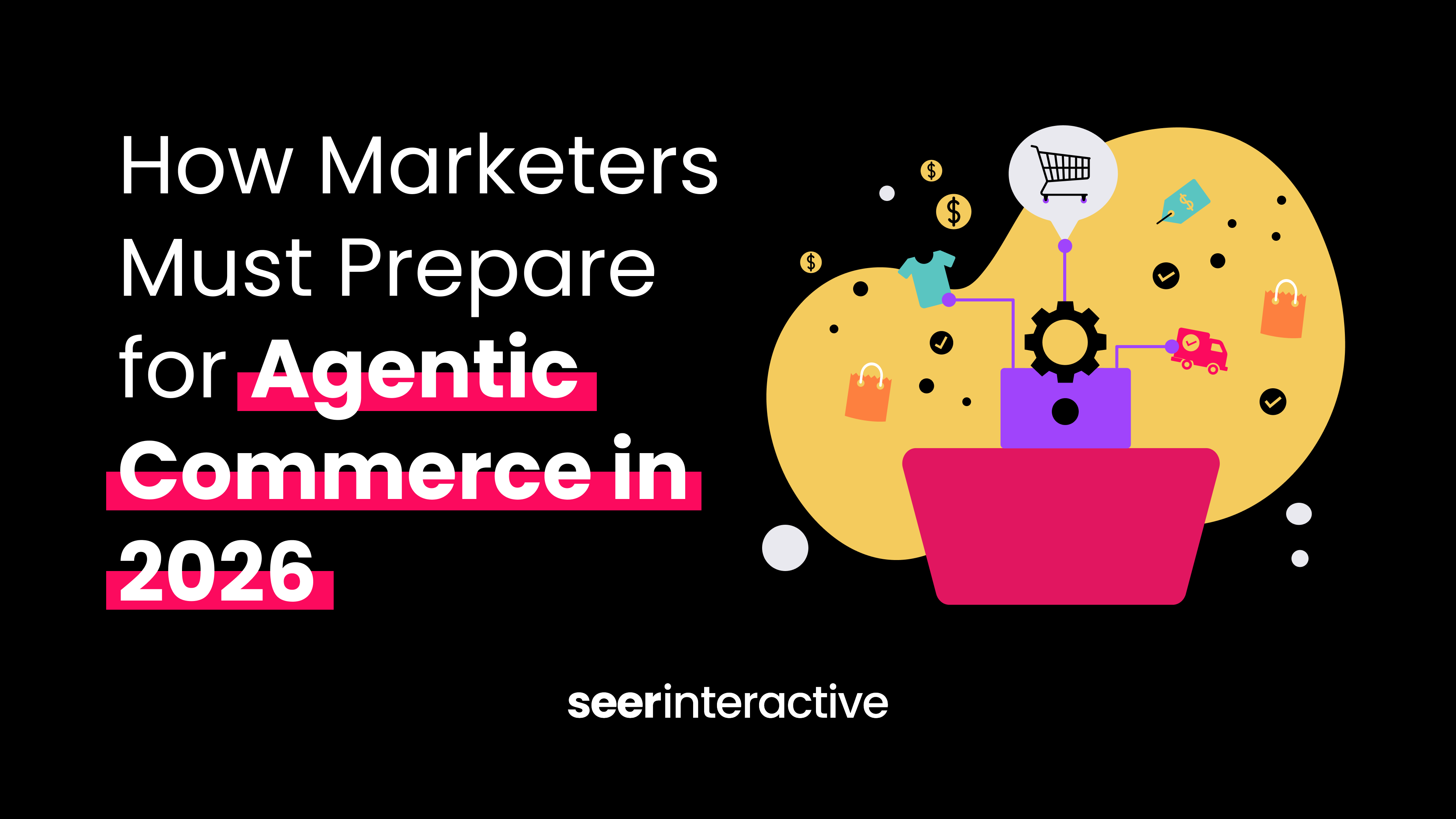The lifelong question of every optimizer of an algorithm is why, for for SEO's the why is ... why is Google showing these answers.
Think about it, we're trying to figure out, why do they show images, why those images, why this site in the top 4 results, but when I add this word to the query, why do I get different results.
What do we get from Google? Silence. They had a monopoly on "easy quick answers" and with monopolies you get no need to innovate or please customers.
Hiding the Chains of Thought = Google "Hiding" Why They Rank Something
...However, for this to work the model must have freedom to express its thoughts in unaltered form, so we cannot train any policy compliance or user preferences onto the chain of thought. We also do not want to make an unaligned chain of thought directly visible to users.
Therefore, after weighing multiple factors including user experience, competitive advantage, and the option to pursue the chain of thought monitoring, we have decided not to show the raw chains of thought to users. We acknowledge this decision has disadvantages. We strive to partially make up for it by teaching the model to reproduce any useful ideas from the chain of thought in the answer. For the o1 model series we show a model-generated summary of the chain of thought.
So we were back to the black box...reasoning models were thinking about what to show, but ChatGPT hid that thinking.
Until Deepseek R1 came on the scene.
Let's use an example ...
Banana Republic ranks #5 in Google but is UNFINDABLE in any AI model.

The truth is if I were to ask you to name a brand of ethical jeans manufacturers, you might not know any, but you wouldn't say Banana Republic.
Why does this happen, because people into jeans, know what banana republic is about.
Why does Banana Republic rank so well? The typical SEO playbook is why:
- The page has ethical in the title tag
- There are a ton of internal links at the bottom of the product listing pages along with a big paragraph of text.
- Individual jeans pages have a section on sustainability
- High domain authority is an asset that can be deployed to help you rank for keywords, you are kinda about.



Nudie Jeans... ranks #59, but shows up in EVERY AI model for that query.

Nudie is doing all of this for each pair of jeans, they even identify when they have visited an supplier to make sure they live up to ethical standards.

What does this have to do with Reasoning Models?
Today I can use my expertise as I did above to try to understand why Banana Republic ranks, but Google would be entirely tight lipped about it. In a world with reasoning models, you can see the considerations for that specific query and judge them against your brand's desire to do those things to gain visibility in AI for the long haul.
Thank you Deepseek R1 for exposing your reasoning steps, as now Google and ChatGPT are following, which gives us as SEO more clues to what might go into "gaining visibility".
By displaying its reasoning process step by step, Deepseek allows users to see how the AI forms its conclusions, offering transparency for the first time that goes beyond the polished responses of tools like ChatGPT. … This takes the process out of the black box and gives new transparency never seen before in generative AI.
Gemini 2.5 Pro Preview (a reasoning model)

By typing this into a reasoning model I can see its chain of thought, this helps me get a feel for how a human-ish person might evaluate if a jeans brand is truly ethical. Which is a lot better than the "tight lipped algorithm" that keeps these things secret.

This is either good news or bad news for an SEO.
If you are an SEO focused on algorithms over audiences and 99% of your time is spent getting better at SEO, now might be a good time to put that into balance, like 30% on Audience (people) and 70% on the platform (Google algorithm).
SEO's open toolboxes and they don't see Labor practices, Materials, Animal; welfare and supply chain as part of the toolbox. But the reasoning model allows you to understand who to go talk to in your organization, who do you ask, who do you interview? What resources might we have about these things, but we buried them because they wouldn't help us rank better, so we ignored them?
Now might be a good time to be holistic as an SEO, keeping on top of all the assets of your company, they right people in your company, etc to aggregate the stories to nudge your way into having a chance.
If you've been siloed off, and not in the bigger marketing meetings where these things are discussed, start using the results of these reasoning models, and the time we are in with AI as as way to sound the alarm bell.
"I could see us losing a lot of visibility in AI search as customer go there, and I have none of the tools to fight back"
This is also why I vehemently disagree with "it's phrase just like SEO" .
ChatGPT's New o3 Model also shows reasoning (but something is missing)

In ChatGPT's example (one time), you can see they go right to brands, which would have made me think they based this on training data, but as you can see they did a lot of web searches. Long term I think web searches lead to listicles and other easily spammable efforts, I'd rather a reasoning model not rely on search unless it absolutely has to given the spam I am seeing.
Claude 3.7 Sonnet with Reasoning gave me a new clue to add to my "ideal page" that I would be optimizing.

Deepseek R1, I love their reasoning models the best because they get my SEO brain cooking with the amount of detail they give me, I prefer using poe.com for access to their model.

A few other notes, as I started my research I started finding that the more the reasoning model used search (Perplexity and ChatGPT) the worse the results were for what I was seeking as a researcher.
Nod to Grok3, it was decent.

.png)
